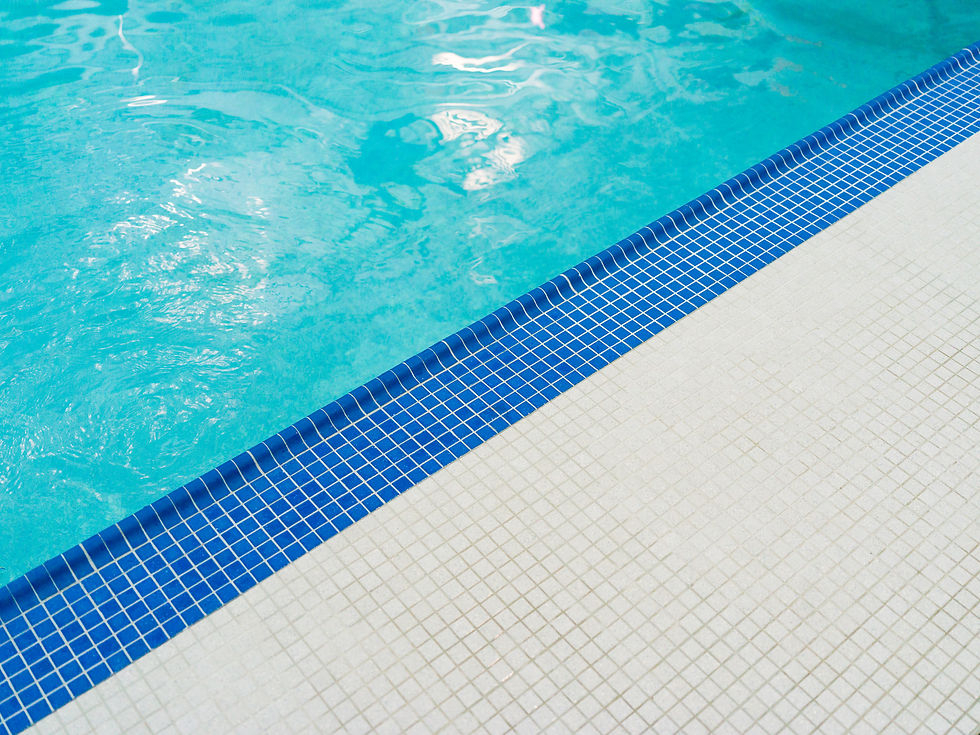Winter Swim Myths Busted
- Russell Aquatics Swim School

- Jun 16, 2023
- 2 min read

Every year, we hear from many families of their choice to take the winter session off. Sometimes, it’s for extended travel plans, broken bones or other financial obligations – totally understandable reasons! Other times, it’s because of old wives’ tales or misconceptions. In this article, we debunk some of those myths and misconceptions and share with you why swimming is a great activity to participate in year-round.
Today, we bring you: winter swim myths busted…

The first misconception that we want to address is perhaps the most widely believed. It’s the idea that wet hair in the winter can cause illness or ear infections. It can’t! Illness and ear infections are transmitted by pathogens via bodily fluids. Whether the illness is airborne and transferred through skin-to-skin contact, wet hair plays no part in weakening the immune system or increasing their likelihood of getting sick. It may make them feel a bit colder but swimming in the winter keeps children active, which in turn, actually helps to build their immune system!
Something else that we often hear is that swimming isn’t important during the colder months. That couldn’t be farther from the truth! In order to be safe, it is essential to take lessons year-round. Swimming isn’t just important in the summer, when we’re attending pool parties and headed to the beach. It’s important during bath time, on that winter vacation, when your child gets a little too close to a frozen lake and yes, in the summer too.
Strong swimmers are built all year.
Taking lessons in the spring is not enough to ensure that your child will be safe during the summer. Swimming is a life skill and it’s important to make the commitment to stay dedicated all year. Yes, even when it gets unbearably cold!

Speaking of cold, winter is home to other great sports like skiing, snowboarding, hockey and skating. While it’s great to give your child the opportunity to participate in a wide variety of extra curriculars, it shouldn’t be at the cost of swimming. While these sports are a lot of fun, they are not lifesaving. Swimming is a great activity to do in conjunction with other sports as its low impact motions can aid in muscle recovery and is great for building endurance and physical fitness needed for other sports.

The final misconception we want to debunk is that because this session is short, it’s okay to skip. Consistency is key when it comes to learning to swim. Whether you take a few weeks or a few months off, you will see regression in the skills that may have previously been mastered. Time off can allow for the redevelopment of fear and a decrease in endurance. Whether you’ve been swimming for years or you’ve just started lessons, keep it consistent and take lessons year round.
Looking back, winter swim lessons isn’t something that you will regret!



